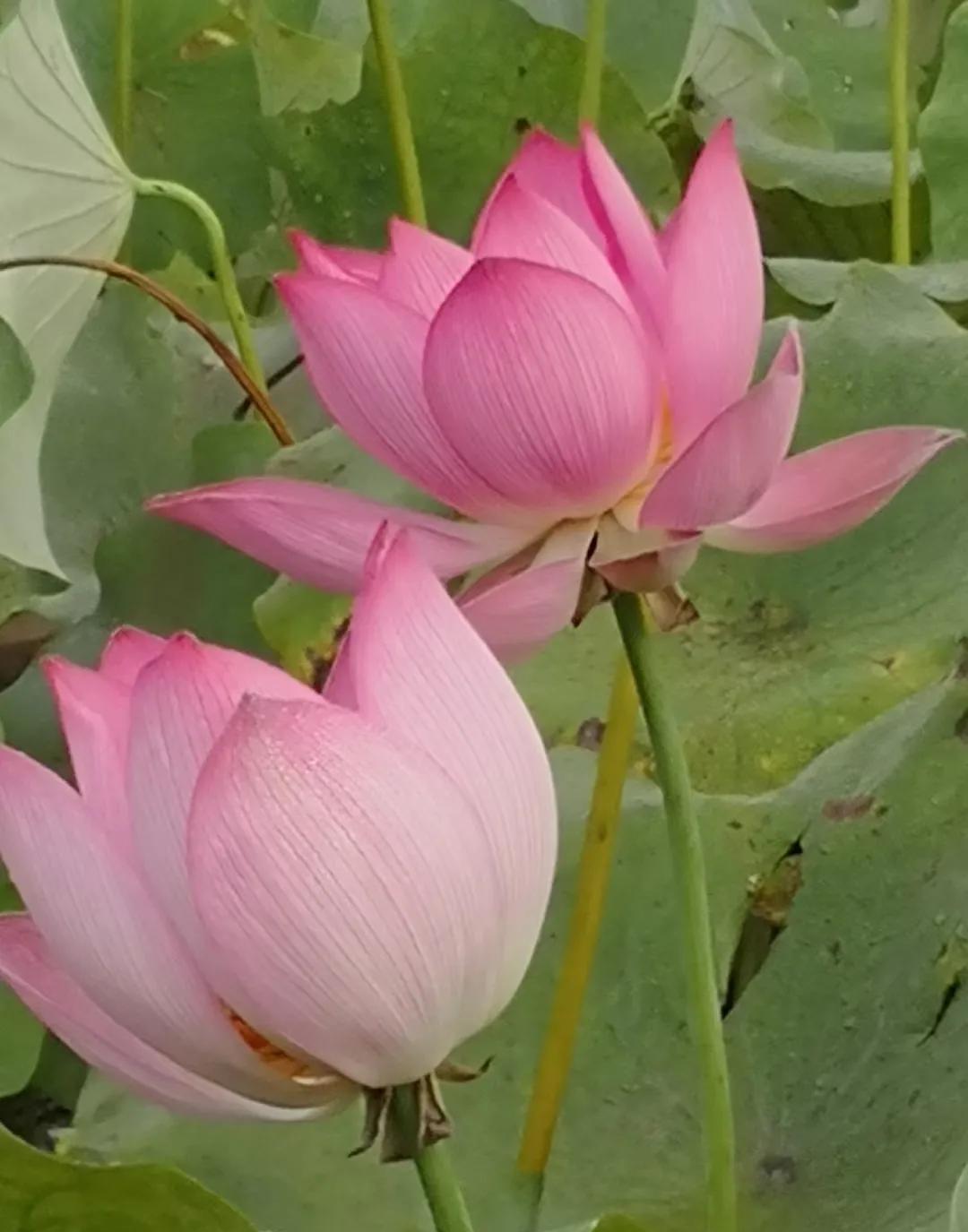Lesson 31: Goodness
The good is like water, and the water is good for all things without dispute. The evil of the multitude is therefore more than the Word. Dwelling in a good place, having a good heart, being kind and benevolent, saying good faith, governing well, doing good deeds, and when doing good, the husband is only indisputable, so there is no special.

Lao Tzu uses "water" in this lesson as a metaphor for "Tao" and Taoism. If we can take the spirit of "water" as an important guide to our lives, life must be carefree and natural.
By learning and understanding the spirit of "water," we can get closer to the Word:
(1) There is no controversy, and the inferior is the Way
Water is the most inconspicuous thing in nature, but all things cannot live without it, otherwise they cannot survive. Water has the highest virtue: water nourishes all things, benefits all things without competing with all things (the good is like water, and the water is good for all things without dispute). The water does not compete for merit, but always flows to the lowest place (where the evil of all men is, so it is more than the Tao). The virtue of water is closest to the Tao.
Lao Tzu used the metaphor of water as a metaphor to preach the principle of indisputable and inferior. Water, soft and gentle, nourishes all things, never competes, and is willing to go down, which coincides with the Heavenly Dao. Therefore, Lao Tzu believed that the best character should be to behave like water in order to be free of fault.
(2) The Seven Virtues are the foundation of practice
(1) To dwell in a good place, to live in a place where others do not go, is to have the spirit of being there.
(2) The heart is good, the mood is comfortable and far-reaching, and it can accommodate all things.
(3) Be kind and benevolent, always give kindness to others, and have empathy for anyone.
(4) Good faith in words, his words are trustworthy, and no matter who he speaks to, he can keep his word.
(5) Governing righteously and well, being upright and amiable, and distinguishing between good and evil.
(6) Be able to do good deeds, have a strong ability to deal with things, and handle anything properly.
(7) When doing good, it is always just right to move and be good at choosing the timing.
(3) There is no worry without controversy
Our troubles all stem from dissatisfaction. Inner dissatisfaction leads us to fight with others endlessly. Indisputability is a confession that Lao Tzu often mentions in the Tao Te Ching. As long as we do not argue, with "non-contention" as the starting point, no one can compete with you (lesson 30: with its indisputability, the world cannot argue with it; lesson 29: The way of the saints, for the sake of not arguing). In this lesson, Lao Tzu once again reminds us that only those who do not argue can have no worries (husbands are not in dispute, so there is no you).
Summary of texts:
Let's learn about water:
(1) The spirit of the weak place
(2) In a humble place, do what others do not want to do
(3) Moisturize all things without competing for fame and fortune.
The most perfect personality should also have this mentality and behavior, do things that benefit everyone without arguing with others, and be willing to go where others do not want to go. This kind of character of enduring humiliation and bearing heavy burdens and bearing hardships and complaining is worthy of people's admiration and learning.
These truths taught by Lao Tzu are extremely clever rules of conduct. If we can understand these truths thoroughly and form our own character, when you do things, you will know when to enter, when to retreat, how to lead according to the situation, and how to follow the trend.
Lin Dahua